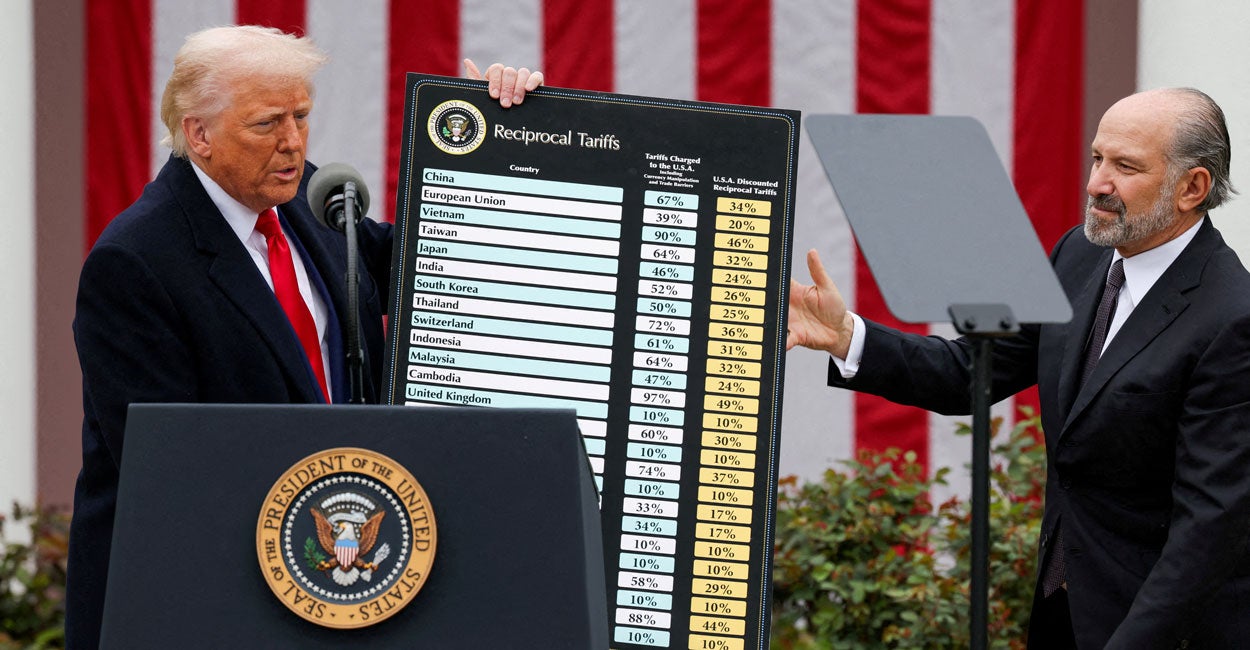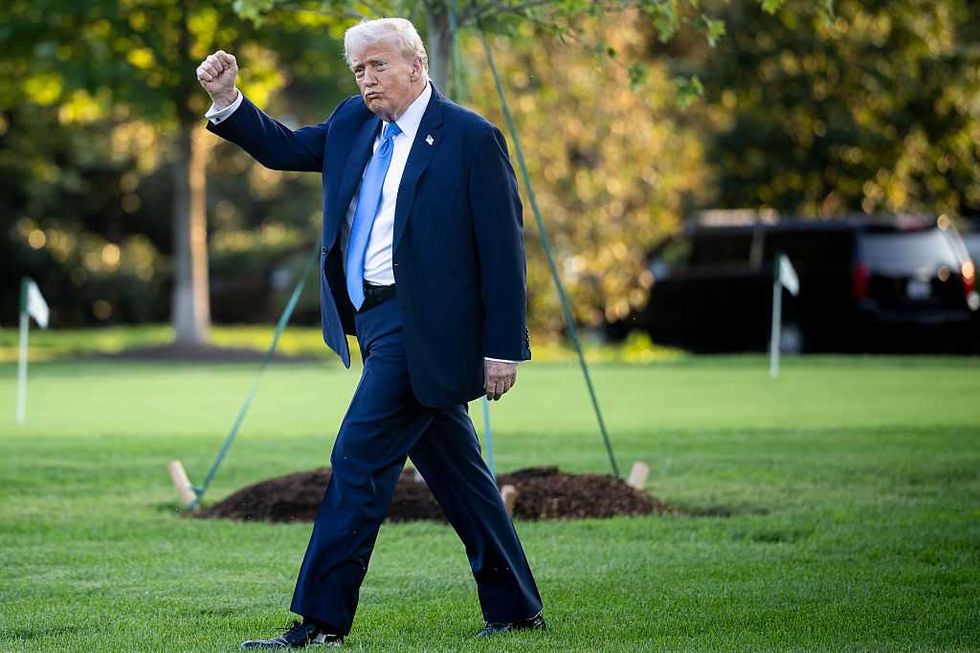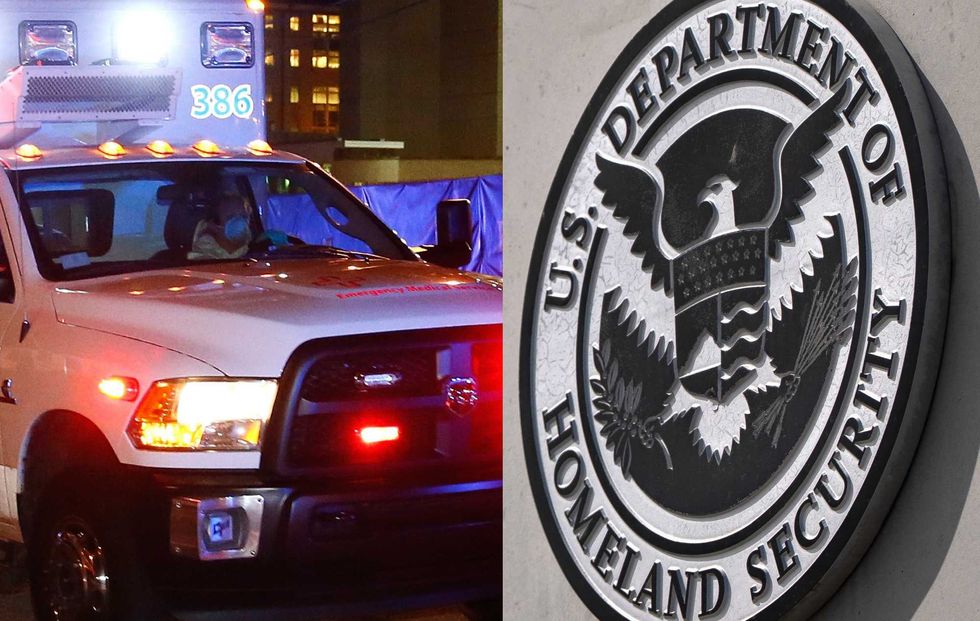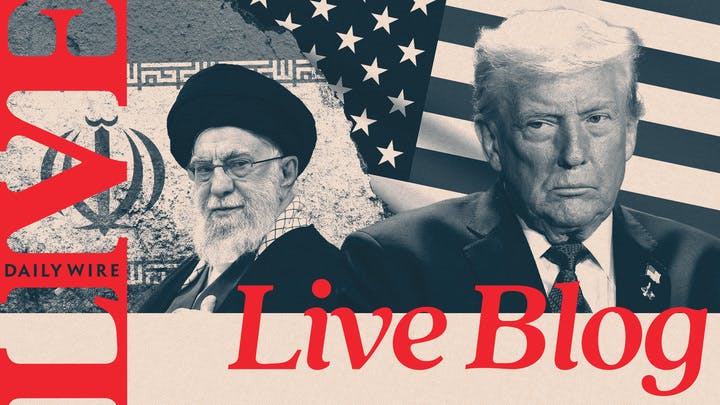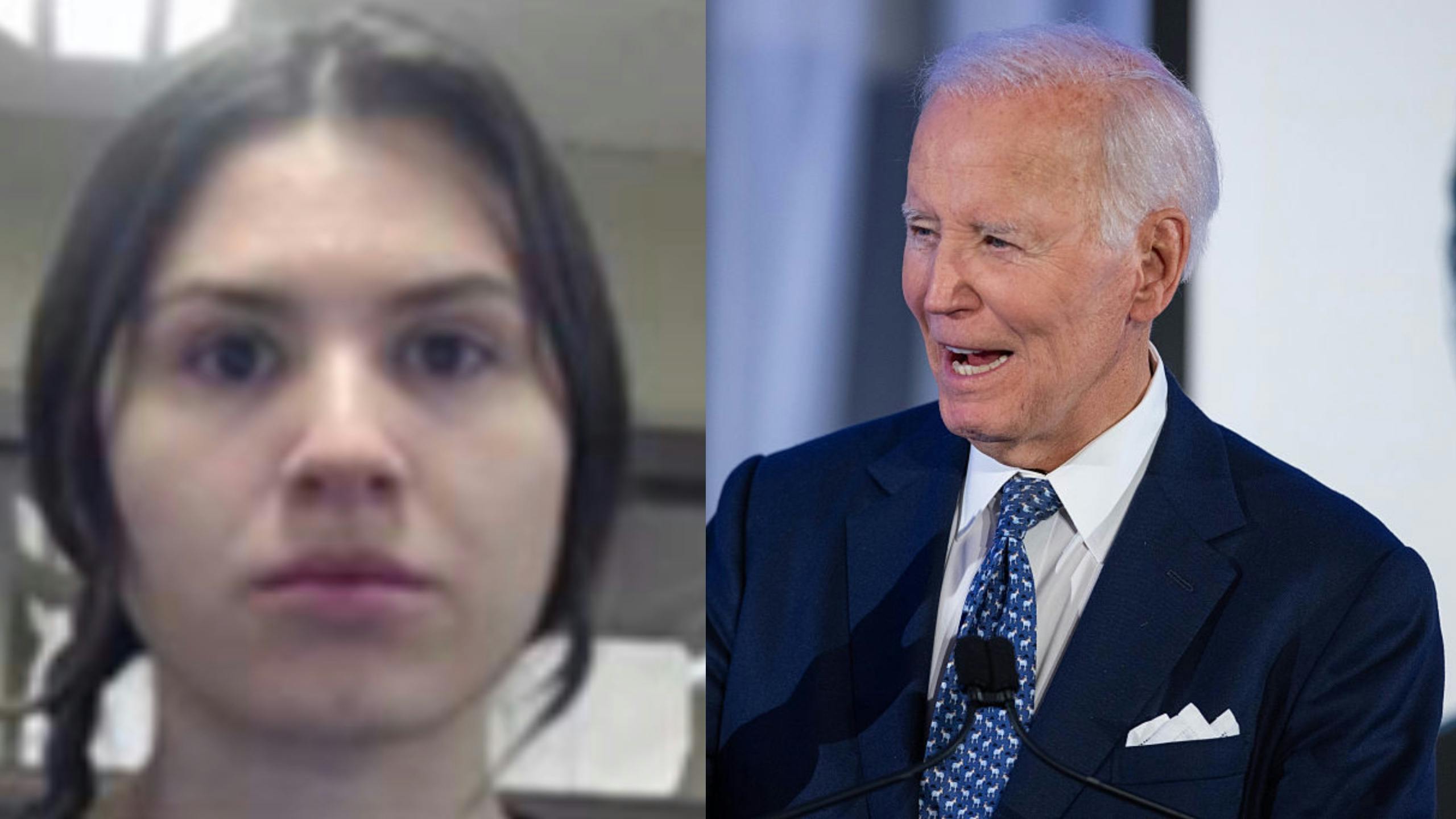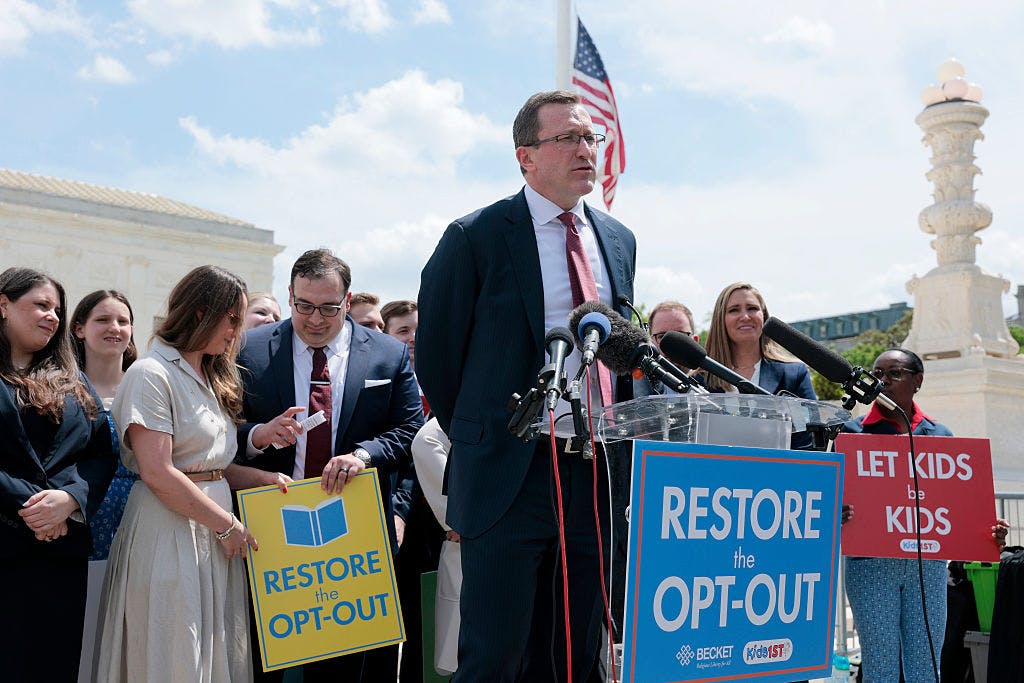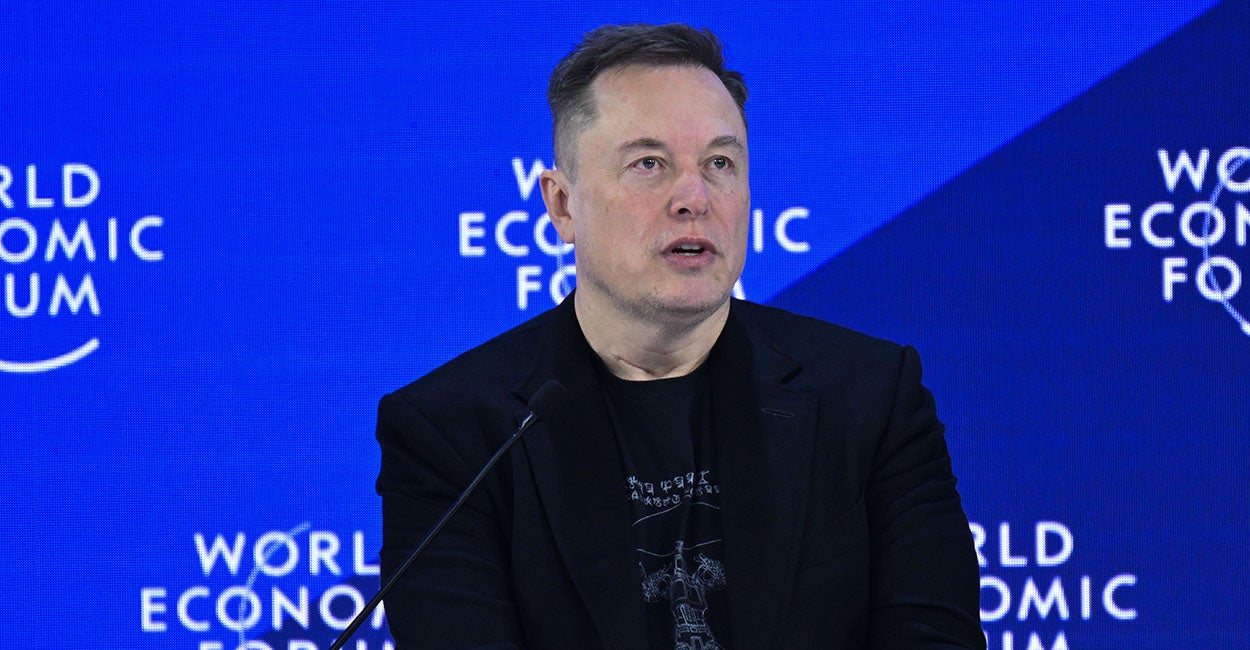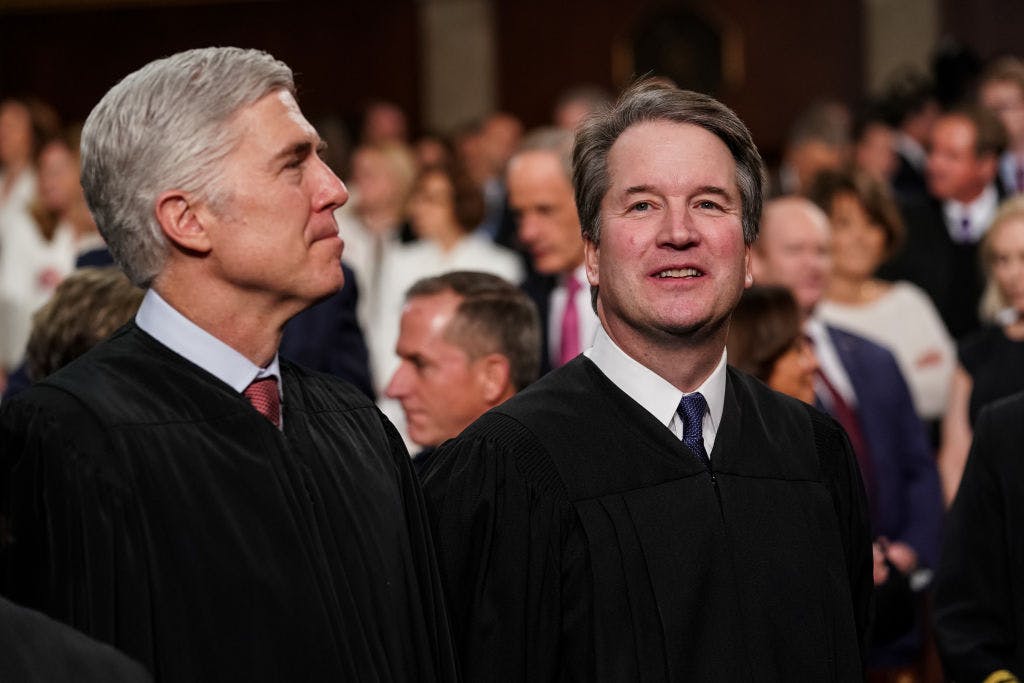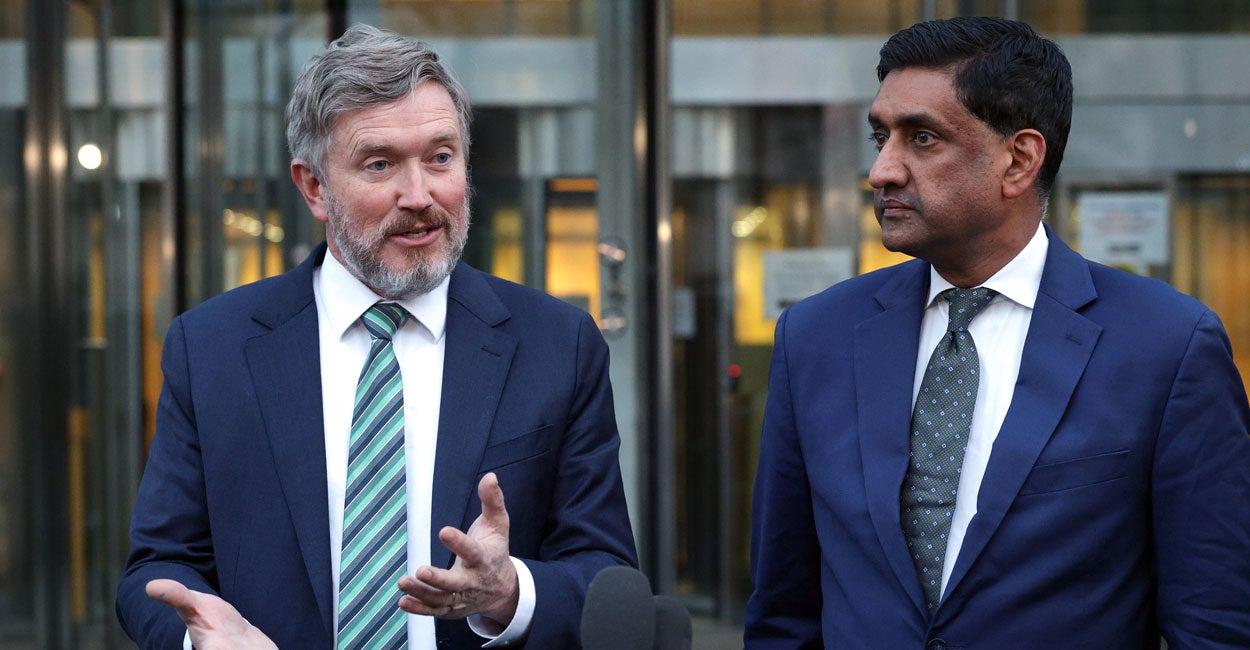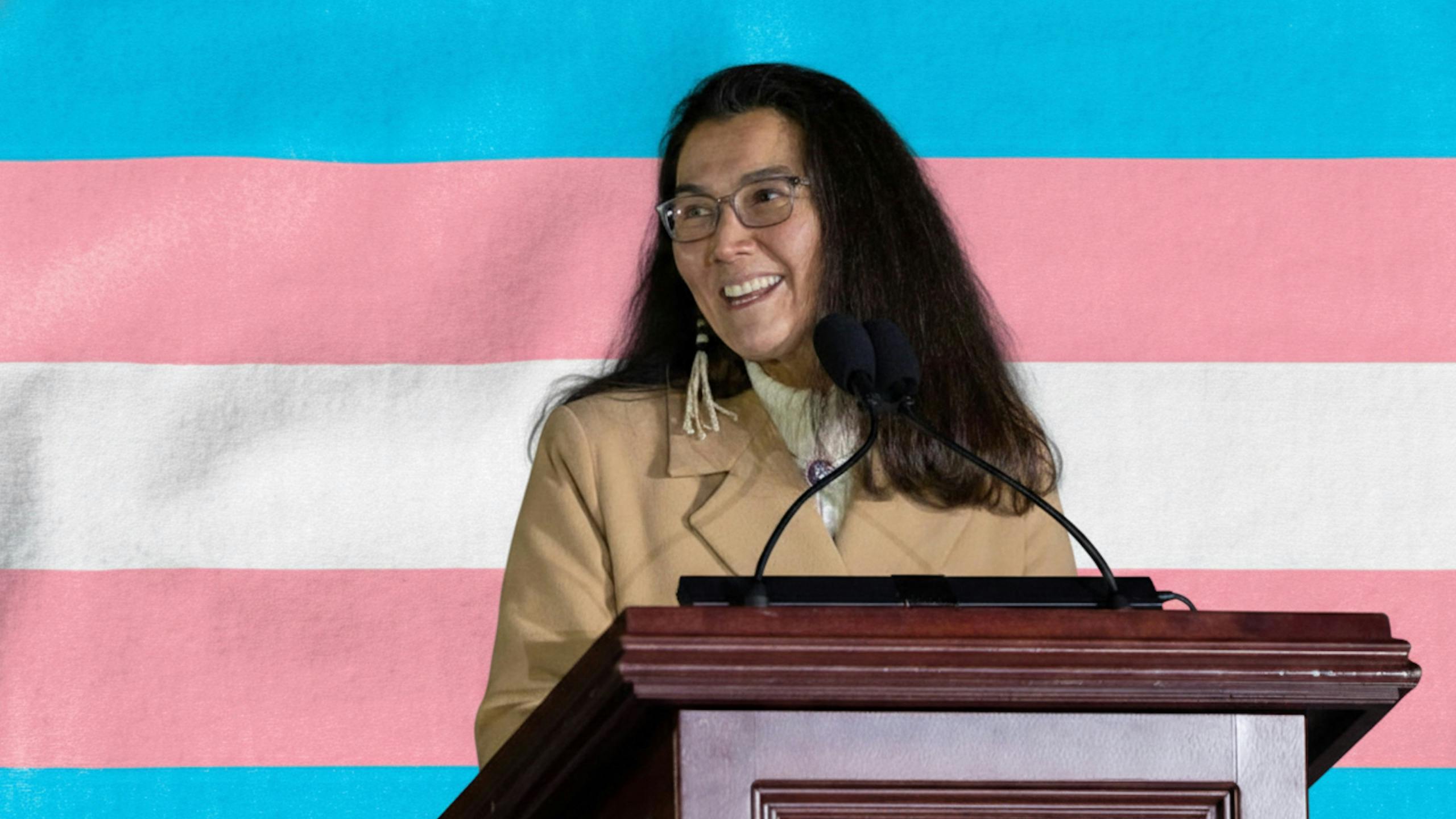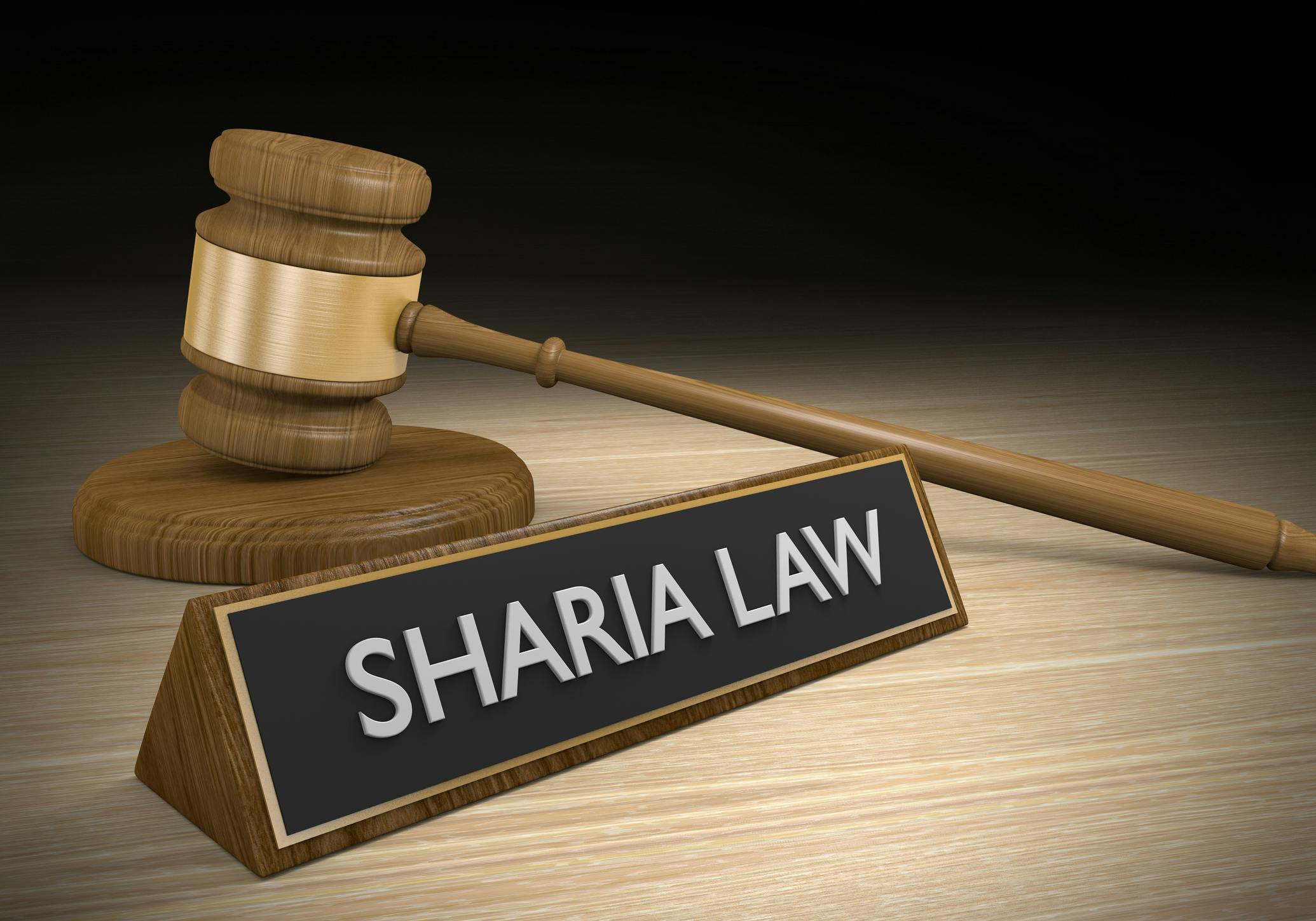Britain’s Future Is America’s Fight Too
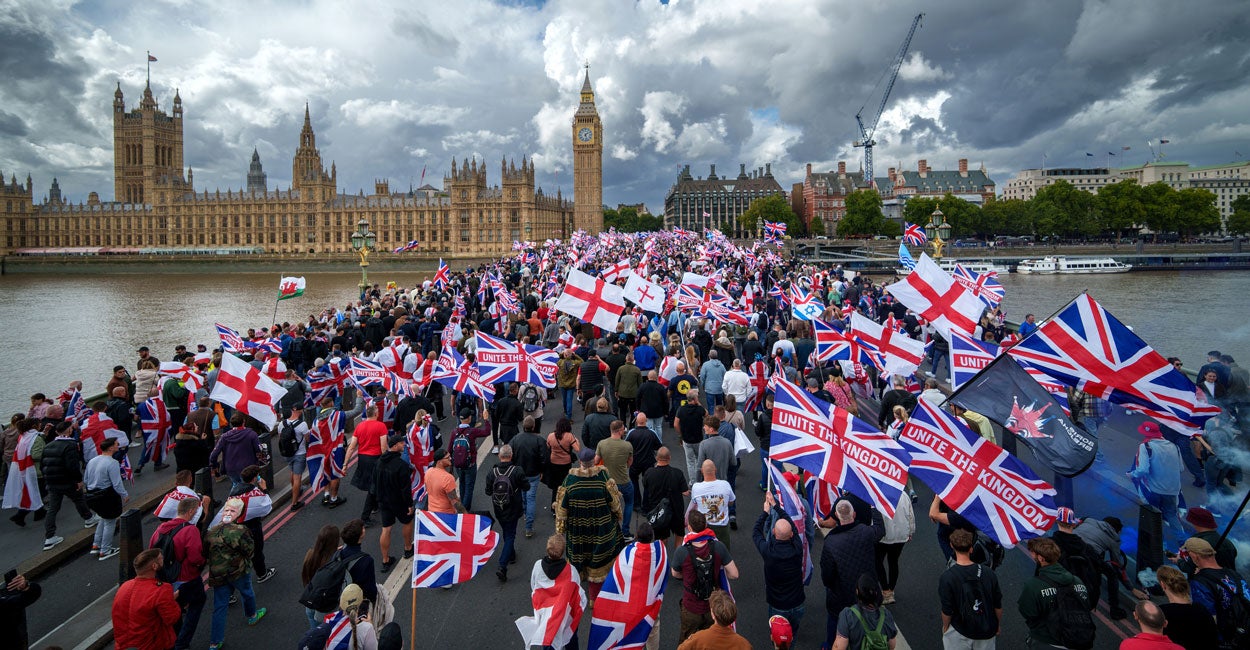
The story of America begins not in Plymouth or Jamestown, but on islands across the sea. The isles of Britain, and specifically the English nation, gave us our language, our law, and our faith—the very inheritance that makes America what it is. As President Donald Trump reminded us in his recent state visit to the United Kingdom., we’re “joined by history and fate, by love and language, and by transcendent ties of culture, tradition, ancestry, and destiny.” That bond, he said, is “priceless and eternal … irreplaceable and unbreakable.”
Live Your Best Retirement
Fun • Funds • Fitness • Freedom
This truth has been echoed for centuries, on both sides of the Atlantic. John Jay, who wrote in Federalist No. 2 that America’s survival as a republic depended on the grace of Providence in giving us “one united people—a people descended from the same ancestors, speaking the same language, professing the same religion, attached to the same principles of government, very similar in their manners and customs.”
In 1941, Winston Churchill told our Congress that “It is the English-speaking peoples who, almost alone, keep alight the torch of freedom.” Nearly a century later, the famous partnership of Ronald Reagan and Margaret Thatcher was essential to the overthrow of the Soviet empire. Even in the depths of the American Revolution, the First Earl of Chatham addressed the British Parliament saying, “when you consider their decency, firmness and wisdom, you cannot but respect their cause and wish to make it your own.”
This exchange on behalf of a common cause of civics and politics is a testament to our nation as not merely an outgrowth severed from Europe, but rather an extension of England’s political and spiritual struggles. The values of faith, liberty, and equality before the law arose from that intersection of the Christian and English inheritances. We did not invent them, nor did we import these structures of English civics from anywhere else. America is simply their fullest expression.
This is why we see our bond with Britain today as much more than symbolic or sentimental: it is, rather, civilizational. It follows from this that each nation has a direct stake in the preservation of the other. For us Americans, if Britain loses itself, we lose a part of our own soul, too.
What was true in the 18th century is more so in the 21st, especially with the advent of a global media culture and the reality of trans-Atlantic exchange in politics, mores, and ideas. To defend Britain as a nation of faith and tradition undergirding freedom is therefore to defend America—and vice versa. Their fight for liberty is ours, and the front line in the preservation of existence and identity runs through both our countries.
If the past generation of Western surrender to globalism shows anything, it’s that this defense is needed more than ever.
Yet if American and British liberties are linked by history and practice, so too are the opposite tendencies: the leftist impulses to erode self-governance, suppress speech, allow mass migration, and erase the native cultures and mores of both nations. The friendships for liberty that arose between Churchill and Franklin D. Roosevelt, or Thatcher and Reagan, are matched and exceeded by partnerships for repression that form between British and American media, academia, and governing classes.
Britain leads the way, with an elite class far too comfortable in Westminster, in illuminating the fruits of these malign partnerships, from the grafting of American republicanism onto the British constitution, to the repression of its own people, to the explicit repression of national symbols, to an elite obsession with race and ethnicity on American lines, to the abandonment of basic liberties as constitutive of the regime, and beyond. As Americans, we understand that the visible things we love in the United Kingdom—the glorious cathedrals, the cobbled streets, the beautiful buildings, the museums that preserve the memory of our civilization—are now neglected or actively destroyed. Churches are turned into mosques, beautiful neighborhoods are turned into migrant enclaves or overtaken by crime, and museums are remade into national apologies. What was once worth traveling an ocean to see is progressively erased.
The transmission belt at work—of American leftism operationalized in Britain—moves in both directions, as British experience in repressive governance returns across the Atlantic as the template for the ambitions of the American left. The arrest of Graham Linehan for defending biological reality, and the persecution of Christians at silent prayer near (not even outside) abortion clinics is Britain’s reality—and a preview of America’s future if that reality is not changed.
To its credit, much of Britain’s political right sees this clearly, and has gained traction in its appeal to a revival of national identity, with a determination to defend both borders and liberty. Though much of it is still grasping its way toward a coherent program and integrated ideology, its directional quality is evident and correct. America has a direct interest in their progress, and not because we are properly interlopers in U.K. party politics. Rather, the critique from the Vice President of the United States at the Munich Security Conference is entirely correct: We have a common culture and a common civics and cannot in the long run ally with those who do not.
That commonality was sharply illuminated in 2016, with the twin surprises—to the regime—of Brexit and the first election of Trump. A decade later, the Anglo-American right must reclaim its roots and assert again the primacy of sovereignty, tradition, and faith, not as an accident of elections, but as a deliberate program of restoration.
That restoration is both watched and hindered by its enemies—at home and abroad. Our adversaries notice if the West retains both the will and the capacity to govern itself; they measure not only our armies but the legitimacy of our institutions. If Britain succumbs fully to ruin at the hands of its left, it sends a message that the Anglo-American model has grown brittle—with dire consequences for America. If Britain revives, it reminds the world that free peoples remain capable of self-rule, and that traditions, faith, and law are still vital. This is not of strictly spiritual value: In the calculus of dictators, whether in Moscow, Beijing, or elsewhere, it is the difference between war and peace.
That moral dimension is nevertheless at the center of things, because defending Britain’s identity (one of Christian heritage and ordered liberty) is essential to protecting the shared moral foundation of the West, the invisible lattice of faith and law that holds civilization upright.
Our task, as Americans who know the cost of civilizational collapse, is to help ourselves by helping her. Why? Because we must defend the permanent things, and our destinies as peoples under attack from the same sources are joined. Though our modern age is always falling in love with the idea of a new world, it is the Old World that created us, and we never truly separated from it. We are a fulfillment of the English inheritance, not a rejection of it. We are Americans first, yet by reason of that inheritance and memory, the Anglo-American commonwealth is a broader homeland, bound by shared loves and shared memory.
Our fates, as the Founders themselves understood, are bound.
That is why Britain’s future is America’s fight too.
We publish a variety of perspectives. Nothing written here is to be construed as representing the views of The Daily Signal.
The post Britain’s Future Is America’s Fight Too appeared first on The Daily Signal.
Originally Published at Daily Wire, Daily Signal, or The Blaze
What's Your Reaction?
 Like
0
Like
0
 Dislike
0
Dislike
0
 Love
0
Love
0
 Funny
0
Funny
0
 Angry
0
Angry
0
 Sad
0
Sad
0
 Wow
0
Wow
0


